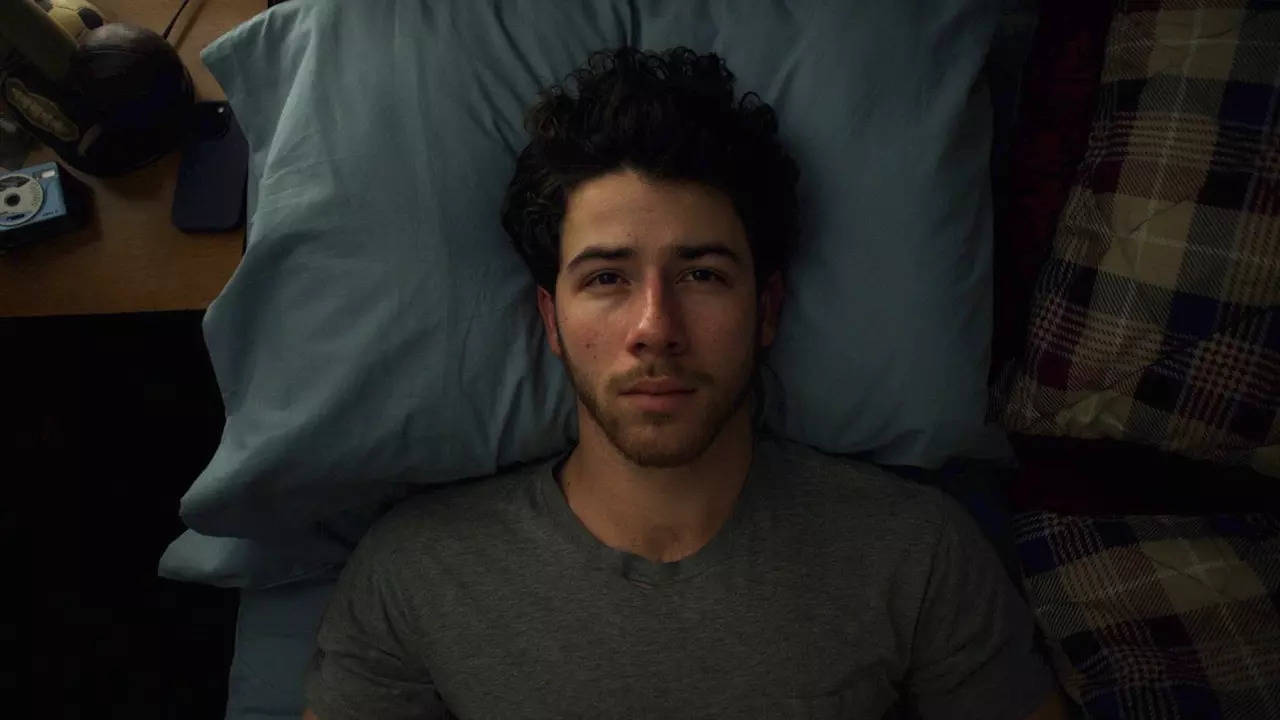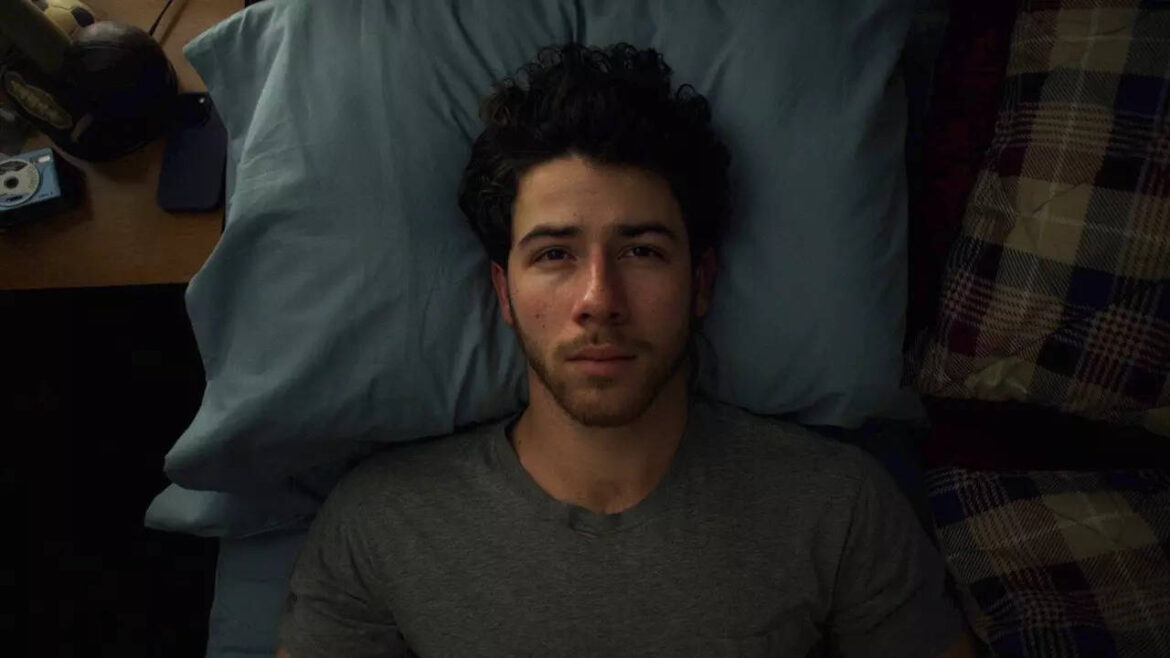
There is no way to soften the blow. Nick Jonas in The Good Half is terrible. He is as expressive as a bowl of plastic flowers, perhaps even less.
It is hard to believe director Robert Schwartzman is the nephew of the great Francis Coppola, or that Jonas is the other half of Priyanka Chopra. If she is an expressions ki dukaan, Nick is the brand ambassador of deadpan. Throughout this smoky passage into bereavement, Jonas looks bored, as though he had been invited to a party that he never wanted to attend.
In this case, it is a funeral, his character Renn’s mother’s funeral, which Jonas is loath to attend. Brett Ryland’s writing is lazy. And I don’t mean just the pace or rhythm. Even the protagonist seems averse to pulling himself together, whether it is to confront his grief about the death of his mother, or to buy a tie for the funeral. He looks like he would rather stay in bed doing nothing.
There is a curious inertia gripping every sequence in this laboured elegy to bereavement. When Renn goes to a departmental store to buy a tie, he meets an old friend who recounts how kind his, Renn’s, mother was to him. Renn’s reaction to the monologue is the same as usual: nonchalance.
Someone suggests it is delayed grief. It actually seems like another affliction altogether: a bored actor. Nick Jonas who occupies almost every frame of the film tries to palm off his unique disinterest as deep grief. Sorry, it doesn’t work. The rest of the cast is more involved with the rites of bereavement which isn’t saying much.
The real spark in the dark is Alexandra Shipp who plays Zoey, a next-seat passenger Renn meets on his way to Cleveland (actually it's next-to-next seat, the writer puts a snoring man between the couple to lighten the midair atmosphere).
Ms Shipp steals every frame from Jonas. When Renn tells her about his relationship with his dead mother (Elizabeth Shue trying to breathe life into her dead woman’s role), she looks more emotionally invested than him.
One of the biggest problems with The Good Half (besides its stiff lead performer) is its emotional aridity. Although the mood is supposed to be leaden with grief, the characters seem lost in their own grievances, stubbornly giving nothing away, thereby creating a huge problem of emotional expression in a film that cries for moisture. All it gets is dry-eyed distancing.

